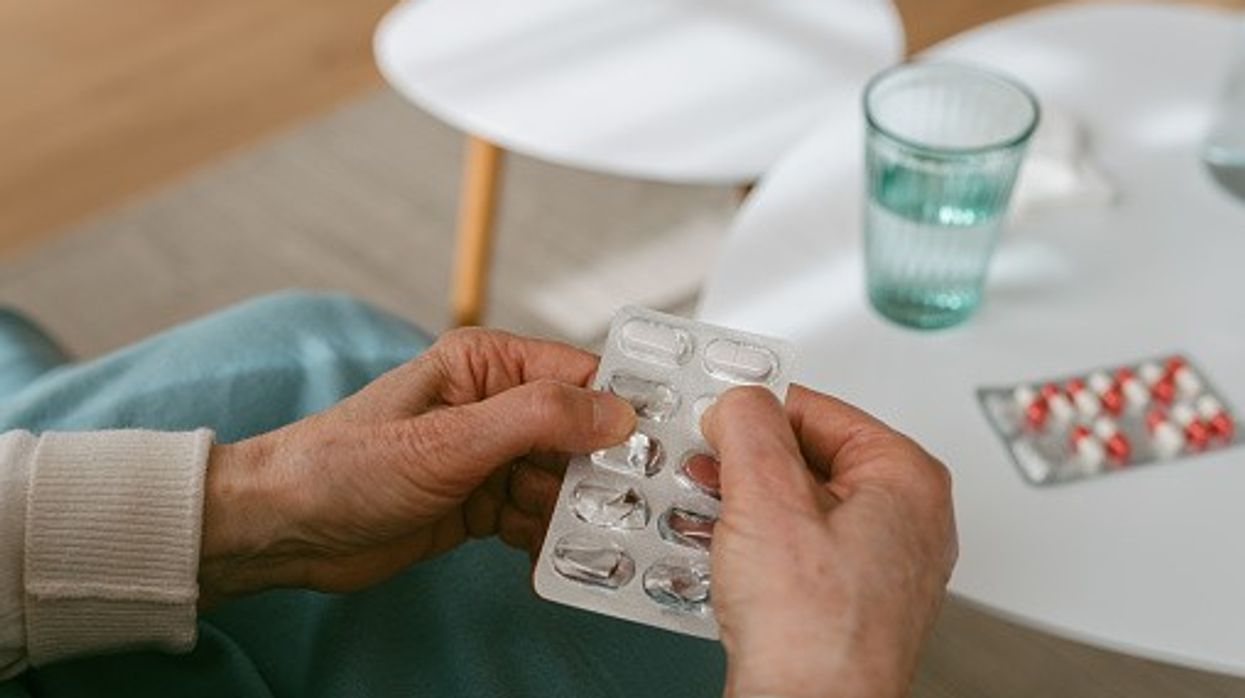The plan outlines ambitious targets to drive down inappropriate use of antimicrobials and stimulate further development of new drugs and vaccines
The UK government on Thursday (8 May) launched a new plan to tackle antimicrobial resistance (AMR), a global issue that makes infections difficult or impossible to treat.
This is the second phase of a series of 5-year national action plans, aimed at supporting the government’s 20-year vision to contain and control AMR by 2040.
With the launch of this new national action plan, the UK commits to reducing its use of antimicrobials - such as antibiotics, antifungals and antivirals - in humans and animals.
Additionally, it aims to strengthen surveillance of drug-resistant infections before they emerge and incentivise industry to develop the next generation of treatments.
There are also plans to expand initiatives such as the world-first ‘subscription model’ for antimicrobials, launched in 2019 as a pilot.
Almost 8,000 people in the UK die from drug-resistant infections every year, according to Health Minister Maria Caulfield.
She warned that if this trend continues, common infections and injuries that were once easily treatable would become “harder, and in some cases impossible, to treat.”
“Our 5-year action plan outlines our commitment to leading the way in tackling AMR, including through expanding our world-first subscription model to accelerate research into new treatments,” she added.
The new plan outlines nine strategic outcomes grouped into four key themes: Reducing the need for, and unintentional exposure to, antimicrobials; Optimising the use of antimicrobials; Investing in innovation, supply and access; and Being a good global partner.
Chief Medical Officer Professor, Chris Whitty, said: “AMR is not just a matter for clinicians - it is important to work across sectors to help preserve these vital medicines to minimise the impact of AMR.”
Infections resistant to antibiotics led to an estimated 1.27 million deaths globally in 2019.













